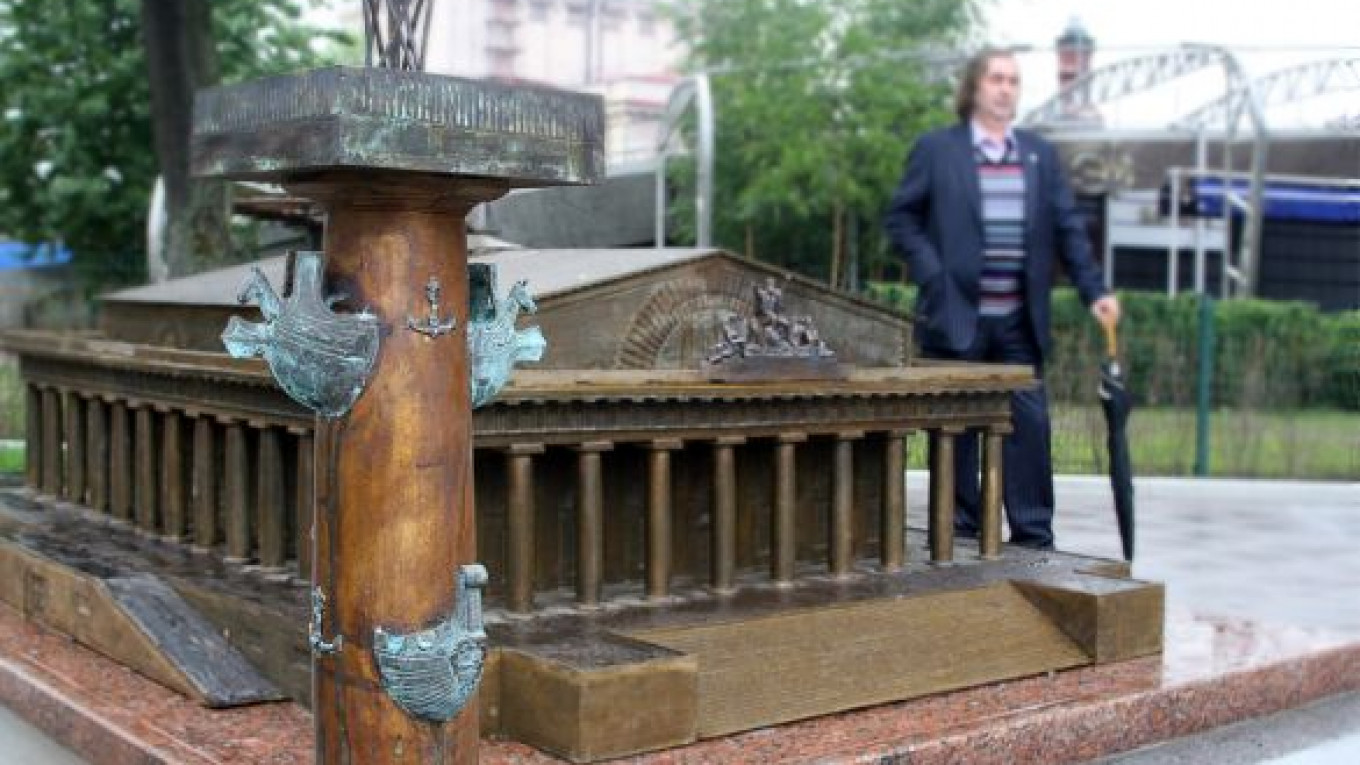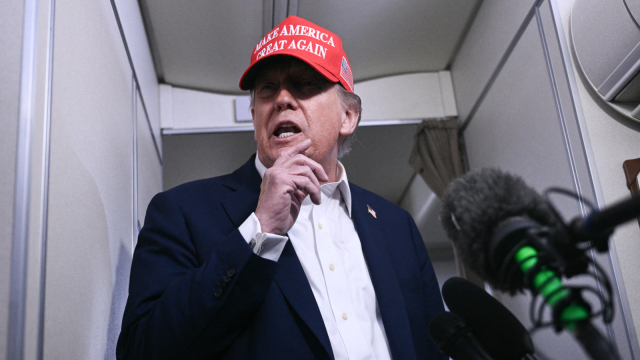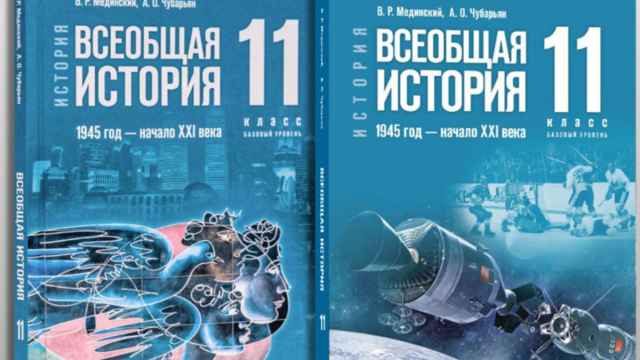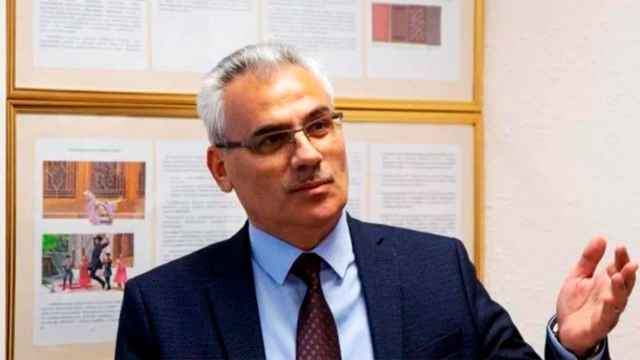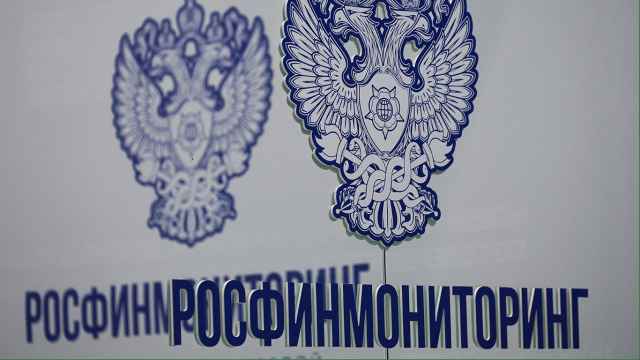The St. Petersburg miniature sculpture park, which contains small versions of some of the city's architectural marvels, from Alexander's Column and the Hermitage to St. Isaac's Cathedral and the Church on the Spilled Blood, is looking for an owner and a bodyguard.
Because of a bureaucratic oversight, the sculpture park, which opened to the public in July 2011, belongs to everybody and nobody at the same time.
That means that no one has ever been assigned to look after it, clean it, protect or repair the miniatures, which were designed by local artist Alexander Taratynov and presented to the city of St. Petersburg by Gazprom chief Alexei Miller.
The plight of the sculptures, some of which have been damaged by vandals or exposure, attracted the attention of Alexander Kobrinsky, a lawmaker from the St. Petersburg faction of the Yabloko party.
Kobrinsky asked City Hall to find a custodian for the sculptures. He said he was amazed to discover that the sculpture park doesn't belong to anyone.
"I would assume that giving a present to the city should not be that easy," he said. "Before accepting anything and installing it, the government has to first decide whether the city actually needs the gift. And if the answer is yes, then a responsible government would immediately assign a suitable organization to supervise the [maintenance of the] gift.
In St. Petersburg, it happens the other way around," he said. "First we accept things, and then we decide what to do with them."
The sculptures were placed in Alexandrovsky Park following by order of former Governor Valentina Matviyenko.
City Hall reacted promptly to Kobrinsky's inquiry.
"The park will get an owner by May 1," acting Governor Georgy Poltavchenko said.
In the near future, the sculptures' cultural and historical merit will be assessed. If they are deemed sufficiently noteworthy, they will become part of the State Museum of Urban Sculpture.
If state experts decide otherwise, the miniatures will be put under the auspices of the Petrogradsky neighborhood administration.
The idea for the miniature city originally came from Miller, a native of St. Petersburg. On a visit to Amsterdam, Miller saw the sculpture "Night Watch," based on Rembrandt's painting, made by Russian sculptor Alexander Taratynov.
Gazprom then contacted the artist and commissioned the miniatures.
The project received a mixed reaction from residents when it opened to the public. Critics ridiculed it as a "fine example of fast art," a reference to fast food.
St. Petersburg regularly reviews — and refuses — offers of artwork of varying quality.
In 2005, Moscow-based sculptor Zurab Tsereteli, who is frequently criticized for the gigantic scale of his works, offered the city a whole park full of monumental representations.
City Hall initially reacted favorably to the prospect of dozens of life-size busts of Russian tsars and princes, fountains, sculptures and the inevitable monument of Peter the Great with a golden angel behind his back being placed in Primorsky Park.
However, a number of art critics in Moscow and St. Petersburg shrugged their shoulders at the idea, and it never came to fruition.
Contact the author at [email protected]
A Message from The Moscow Times:
Dear readers,
We are facing unprecedented challenges. Russia's Prosecutor General's Office has designated The Moscow Times as an "undesirable" organization, criminalizing our work and putting our staff at risk of prosecution. This follows our earlier unjust labeling as a "foreign agent."
These actions are direct attempts to silence independent journalism in Russia. The authorities claim our work "discredits the decisions of the Russian leadership." We see things differently: we strive to provide accurate, unbiased reporting on Russia.
We, the journalists of The Moscow Times, refuse to be silenced. But to continue our work, we need your help.
Your support, no matter how small, makes a world of difference. If you can, please support us monthly starting from just $2. It's quick to set up, and every contribution makes a significant impact.
By supporting The Moscow Times, you're defending open, independent journalism in the face of repression. Thank you for standing with us.
Remind me later.


